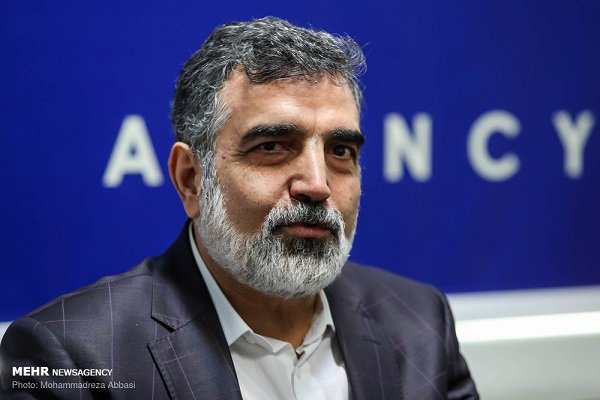“The Agency should not cite or validate the information obtained through espionage activities or claims obtained through unreliable sources,” Behrouz Kamalvandi noted in an article published on Saturday, a day after the IAEA’s Board of Governor passed an anti-Iran resolution.
“The IAEA and its members should prevent the unprincipled and dangerous new move that undermines the national sovereignty of countries,” he added.
Referring to the IAEA's request for gaining access to two Iranian sites, Kamalvandi said such a request has been made citing false information and documents obtained through Israeli espionage operations.
He stressed that the Islamic Republic of Iran considers these allegations an unprincipled and illegitimate move and seeks to prevent such a practice.
“Iran has stated that such requests ought to be based on clear legal reasons and within the framework of the Agency's verification system,” Kamalvandi added.
He further called on the IAEA's member states not to allow such an unfavorable political pressure to undermine the Agency's monitoring process.
“As noted by the IAEA director-general, the strongest system of trial and error on Iran's nuclear activities is being implemented compared to those of others.”
Over the past four years, Kamalvandi said, the Agency's director-general has reported on the constructive and extensive cooperation of the Islamic Republic of Iran with the IAEA, stressing that "providing access to IAEA inspectors is a symbol of Tehran’s cooperation, commitment and full adherence to its obligations under the IAEA’s different protocols and safeguards."
On Friday, the IAEA’s Board of Governors adopted a resolution drafted by the UK, France and Germany calling on Iran to grant the IAEA access to two locations amid allegations of undeclared nuclear activities.
Iran has said the IAEA Board resolutions are not legally binding, adding that the adoption of the resolution would neither encourage nor coerce Tehran to grant access.
The three European sponsors of the resolution and JCPOA signatories say they are still committed to preserving the deal. Tehran says by sponsoring the resolution they have put the future of the JCPOA in jeopardy and have worked to undermine the current level of Iran’s cooperation with the Agency.
MNA/4953155
